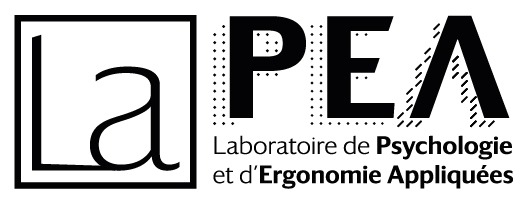LinkedIn – https://www.linkedin.com/in/felipezamana/
ResearchGate – https://www.researchgate.net/profile/Felipe-Zamana
Thèmes de recherche
Creativity is an incredibly complex phenomenon, explored from multiple fields and in an array of perspectives across time. With the increasing complexity of possible perspectives to address it, some researchers proposed a model to synthesize creativity as a whole system made of different components (Rhodes, 1961; Glaveanu, 2013; Lubart, 2017). Gruber (1981) said that “without any one of a number of vital organs, the individual dies; without any one of a number of vital components, an argument fails” (p.5). So, what are the “vital organs” of creativity? Considering creativity as a dynamic “set of distinct components with specified relationships” (Stahl & Brower, 2020, p.464), distinct components for creativity were analyzed according to the Evolving Systems Approach (Gruber, 1988), Investment Theory (Sternberg & Lubart, 1991), and Componential Theory (Amabile, 2013). Thus, the use of this technique seems particularly suited to our research objective, which is to define if Creative Ecosystems are the confluence of knowledge, perceptions, emotions, and motivations that individuals experience as they engage with and make sense of their social environments and connections.
Keywords: creativity; predictors; creative processes; sociocultural perspective.
Publications
| Auteur(s) | Année | Titre | Revue / Ouvrage | Statut (accepté, soumis, in prep…) |
| ZAMANA, Felipe | 2022 | The Future of Education as a Creative Ecosystem: A Sociocultural Framework for the Development of Creativity | Paper | Published |
| ZAMANA, Felipe | 2022 | Creativity in Higher Education: Challenges for the Future | Book Chapter | Published |
| ZAMANA, Felipe | 2022 | Taking Creativity Seriously: Why Your Ideas Are More About Us Than About You | Book | Published |
| ZAMANA, Felipe | 2021 | Creative Ecosystem Framework: a case study of World Creativity Day | Paper | Published |
| ZAMANA, Felipe | 2020 | Creativity’s guidelines: building creative thinking | Paper | Published |
Communications
| Auteur(s) | Date et lieu | Organisateur | Titre (précisez si communication orale ou affichée) |
| ZAMANA, Felipe | September, 2023 – Italy | MIC Conference | Creativity Predictors in Organizational Contexts:
An Empirical Study in Creative Ecosystems (Orale) |
| CLAPP, Edward ;
HANSON, Michael ; ZAMANA, Felipe |
July, 2023 – Ireland | PSN Conference | Symposium: Participation and the possible |
| ZAMANA, Felipe | November, 2022 – Brazil | 3rd. International Congress of Creativity and Innovation | The Future of Education as a Creative Ecosystem: A Sociocultural Framework for the Development of Creativity (Orale) |
| ZAMANA, Felipe | September, 2022 – Italy | MIC Conference | Creative Ecosystems: a Sociocultural Framework for Creativity Development (Orale) |
| ZAMANA, Felipe | May, 2022 – Portugal | VIII Seminar on Education : Pedagogy of Emotions – Practical Visions for Education | The Teacher of the Future: how to prepare students for an uncertain and complex world? (Orale) |
Diffusion de la recherche
| Auteur(s) | Date | Contexte |
| ZAMANA, Felipe | November, 2022 – Netherlands | European Commission – EPALE
Taking creativity seriously to create strong learning environments (Website publication) |
| ZAMANA, Felipe | October, 2022 – Belgium | L&D Talks – How Creativity Can Help Us Build Ecosystems Of Learning (Orale) |
| ZAMANA, Felipe | August, 2015 – Brazil | TEDx University of São Paulo (USP) – What is Creativity? (Orale) |

